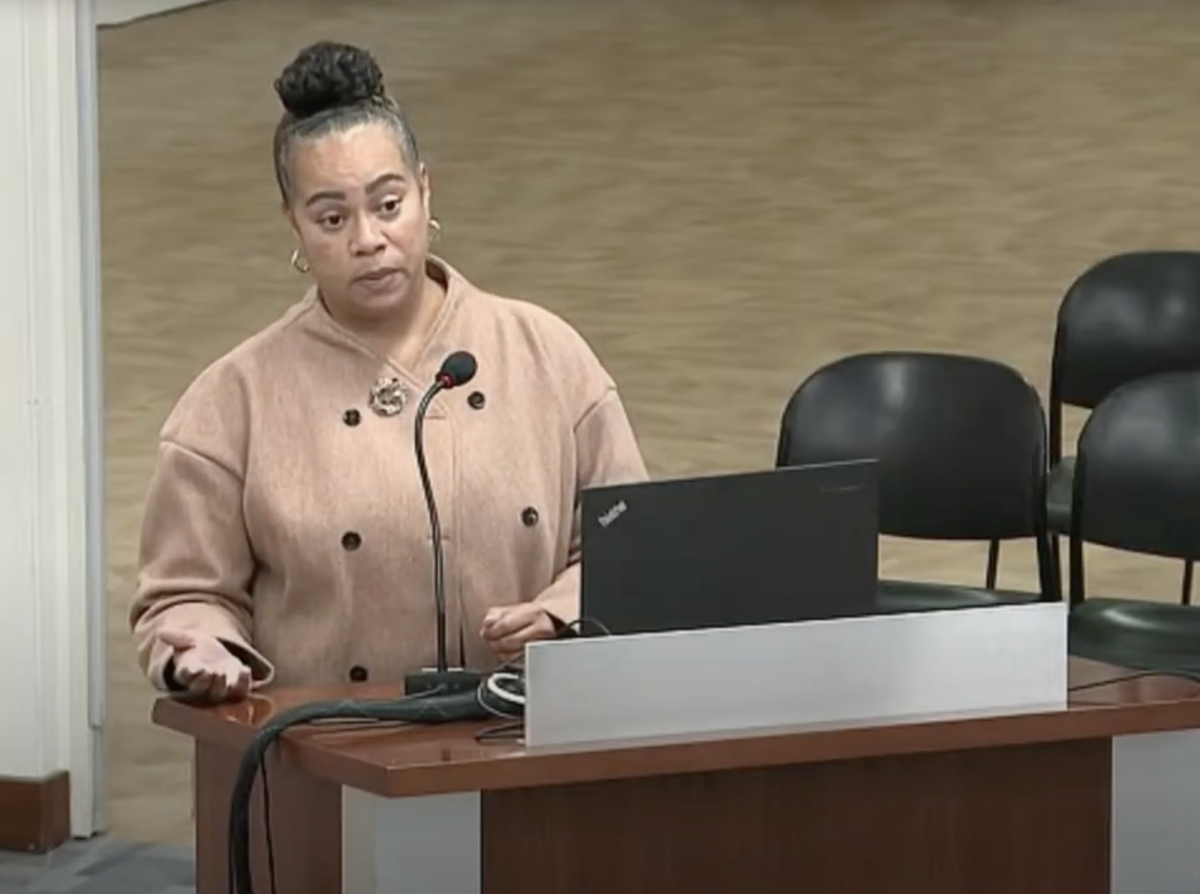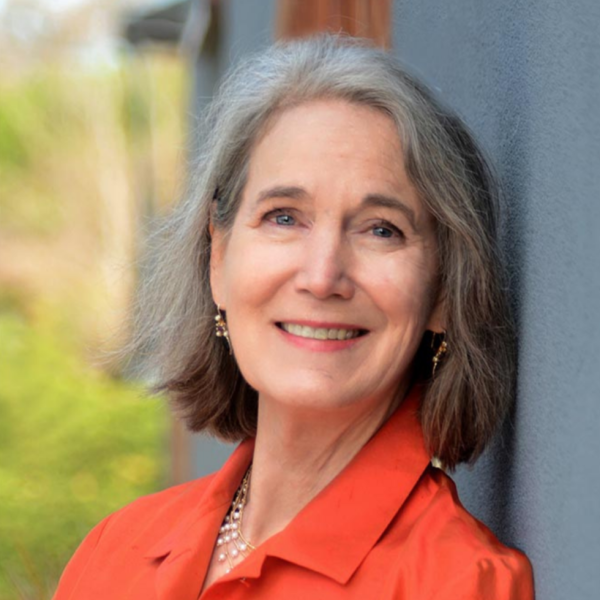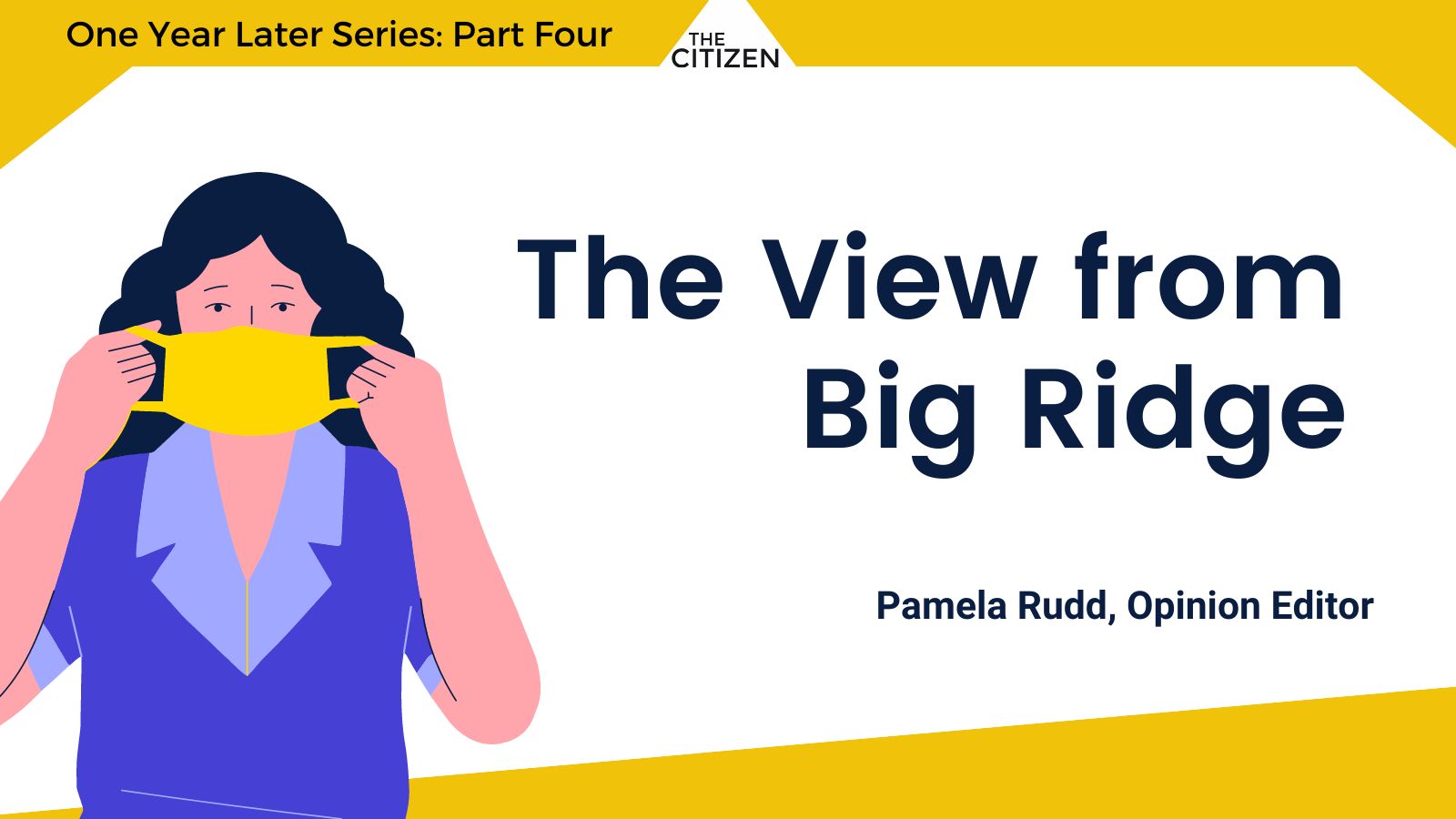
A year later and I sit on the deck of an Airbnb under a canopy of trees and rain clouds. This is the first time our book group has met since the pandemic broke. Aptly, we are reading H is for Hawk, a beautiful book about loneliness, nature and grief. We are all “old enough” to have been vaccinated. We hug, still wearing masks – my first in a year.
We have met every month for 18 years on Big Ridge, high above the Dry Creek Valley where hawks circle below. This year the September wildfires swept through Sonoma County and burned away their homes, their possessions and the beautiful oak, redwood and Madrone trees.
Laid out on the deck are relics found in the sifted ashes; shards of a mug that reads “Disneyland”, a cobalt blue bottle fused with pieces of an exploded window, and in a melded puddle of slate metal are a grandfather’s gold watch and his wife’s wedding ring- forever joined. These are the last remnants of their family history: no photos, no good china, no heirlooms. They survived when so many who had lost loved ones to Covid would only have houses and heirlooms to sort.
As old resilient women they will patch together the missing parts of their lives until they find something permanent – a new home, a new toaster, a potted tree. This year more than ever it’s understood that “permanent” is just a wish. Everything changes. A year later and the fires are just a small part of a year of coronavirus changes.
When this first began last March, I watched the hydrangea buds break outside my window, the season’s first green on bare branches. it was quiet; no traffic, no planes, just birdsong. The air was clean and fresh. I thought this virus would last “just awhile” and give me some time to pause and reflect. Without a commute there were five extra hours. I could work from home. This could be good.
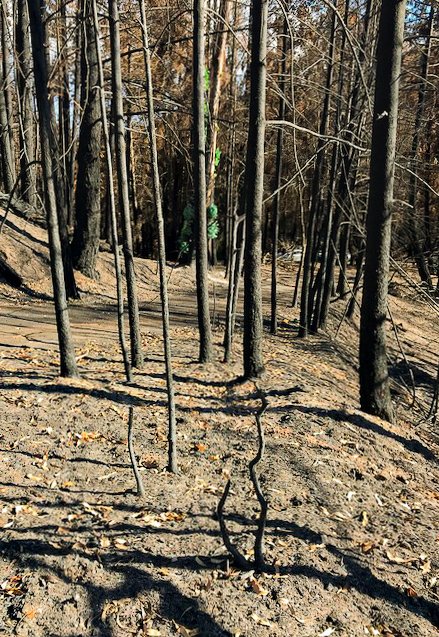
No. Not this year. Despite our president’s reassurances, it was not “going to be just fine.” Some days this pandemic seemed like just a bad backdrop to the fires, Trump, poverty, fake news, and raging racial and social injustice. It was a stage set that framed and illuminated the unrest.
In seats behind our screens, we watched with tears of disbelief and rage at the long slow murder of George Floyd. The Black Lives Matter movement, a cacophony of tears and screams, tried to rock the world awake. The tragedy continued. The United States of America had more Coronavirus cases than any other place on Earth. John Lewis died followed by Ruth Bader Ginsberg, unemployment rose, Asian Americans were attacked in record numbers, and Trump was impeached again – an unsatisfying coda.
Just four of my people died this year. Three from natural causes and one, unsure how to manage a Covid forced retirement, stepped in front of a train. I lost my brother to Trump’s spell and the “stolen election”. No amount of fact checking could counter the gulf between us. My mother died three years ago. I was grateful she missed this year without holidays and celebrations, and grateful I didn’t need to stand outside her window to say “good-bye”. I have been lucky.
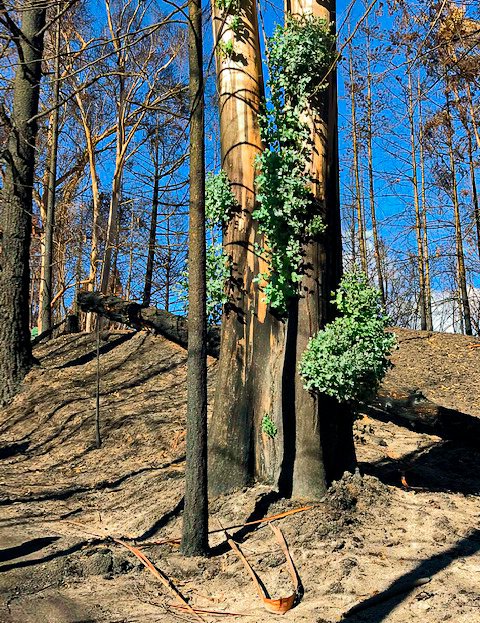
Still, it’s been a rough year, cruel and unkind. If only it were “a hoax” a little sunlight and disinfectant could cure. But there were moments when the tears were of hope and kindness.
A moment when a church group, all masked and gloved, give water to people in a homeless encampment. With eye contact and a smile their ministry acknowledged the humanity of the people living on trash, just a simple gesture of kindness and grace.
There is hope every day class meets. One moment when a father unaware he has walked into the stage of his son’s zoom room kisses him tenderly on the forehead and passes through. A moment when the woman’s eyes in the first zoom square twinkles when the guy in the third square starts to speak. He flusters when he notices her. They are both kind and smart and generous as are all the other students I have come to know this year. There is hope they will know how to repair the mess their elders have left behind.
Next month our book group will meet up on the ridge. The redwoods have started to sprout and the morels should be fruitful in the ashes of the fire. We will read Backman’s “Beartown” a book about a community that believes “tomorrow will be better than today”. A year later, and I’m ready for it.



